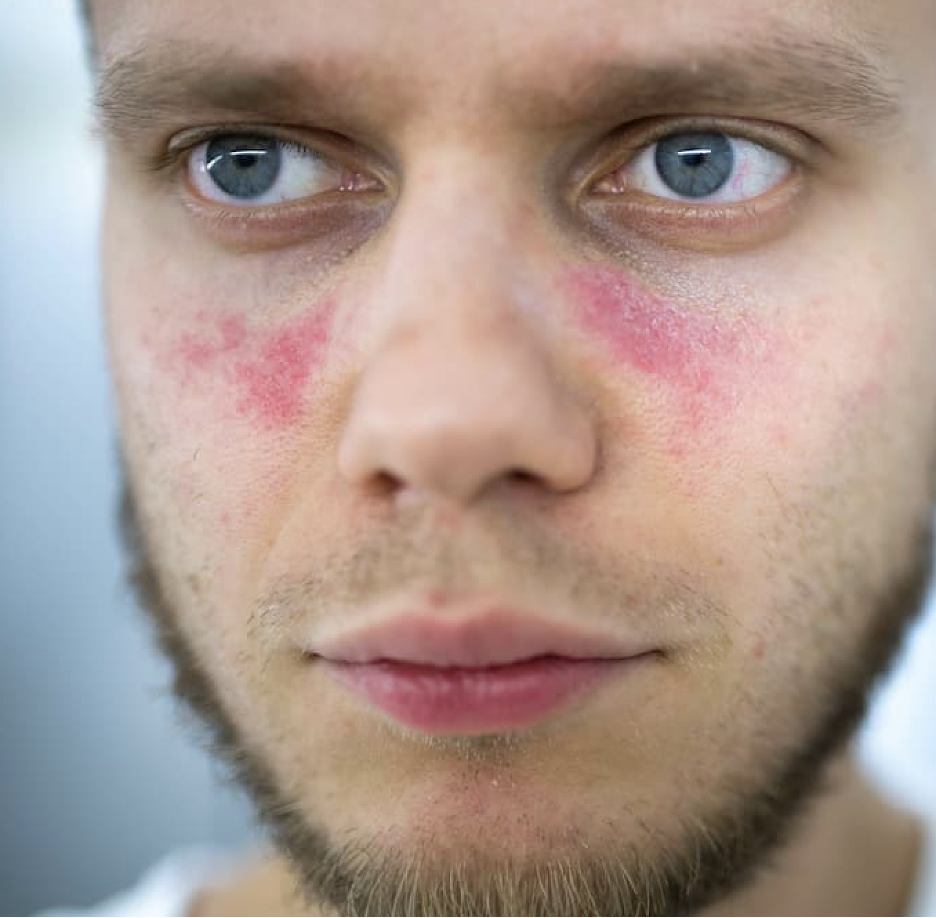Article
Corticotropin Injection in Lupus Leads to Significant Improvements
Author(s):
Despite missing the primary endpoint, trial of repository corticotropin shows improved key measures.
Although the primary endpoint of complete resolution of skin or joint activity (hSLEDAI) was not met, a trial of repository corticotropin (H.P. Acthar Gel) injection on top of standard of care in 38 patients with persistently active systemic lupus erythematosus, found significant improvements in key measures of disease activity. These included hSLEDAI score, total BILAG score, CLAI activity score, tender and swollen joint count and SRI.
“The signal for benefit arose relatively quickly, between 4 and 8 weeks,” said principal investigator Richard A. Furie, MD, chief of rheumatology, North Shore LIJ Health System, Great Neck, NY.
Repository corticotropin injection, an FDA approved melanocortin therapeutic, has been shown to attenuate B cell development, circulating autoantibody titers and disease activity in murine models of lupus. “What’s intriguing,” Dr. Furie said in an interview at his poster presentation on Nov. 8, at the 2015 ACR/ARHP annual meeting in San Francisco, Calif., “is not so much that it boosted endogenous steroid production, but that there seemed to be other effects via the melancortin receptor.” He noted further that among the five melancortin receptors, some are inflammatory cells.
The 8-week double-blind randomized placebo-controlled study assessed clinical efficacy of repository corticotropin injection in patients with persistently active lupus (hSLEDAI >2) despite moderate dose corticosteroids (7.5-30 mg prednisone daily for ≥ 4 wk prior to screening). Eligible patients also had arthritis and/or skin involvement and BILAG A or B in mucocutaneous and/ or musculoskeletal systems. The primary objective was to explore the effects of repository corticotropin injection on the hSLEDAI at 4 weeks.
While significant changes in hSLEDAI from baseline were not observed at 4 weeks, by 8 weeks they were seen with both doses of repository corticotropin injection (80U QOD and combined 40U and 80U groups), and in other measures.
Treatment-emergent adverse events were reported in 81.8% of placebo patients and in 76.0% of combined patients receiving repository corticotropin injection.
What is not yet clear, Dr. Furie commented, is what part of the effect is through endogenous steroid and what part is through melanocortin? “More work needs to be done, but it may open up a whole new line of thinking and strategies for drug development in lupus and other inflammatory diseases.”
References:
Abstract 727,
"Repository Corticotropin Injection (H.P. Acthar® Gel) Attenuates Disease Activity in Patients with Persistently Active Systemic Lupus Erythematosus (SLE) Requiring Corticosteroids,"
ACR/ARHP 2015 by Richard Furie MD. ACR/ARHP 2015.





